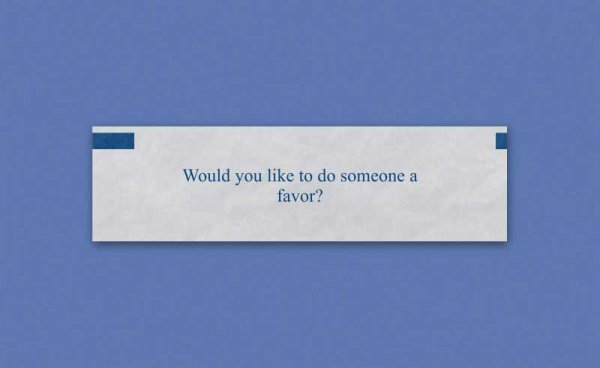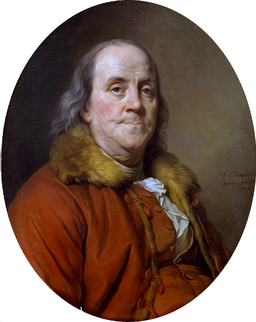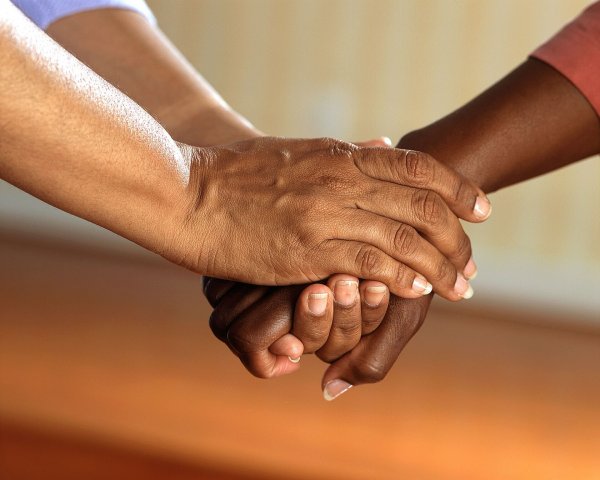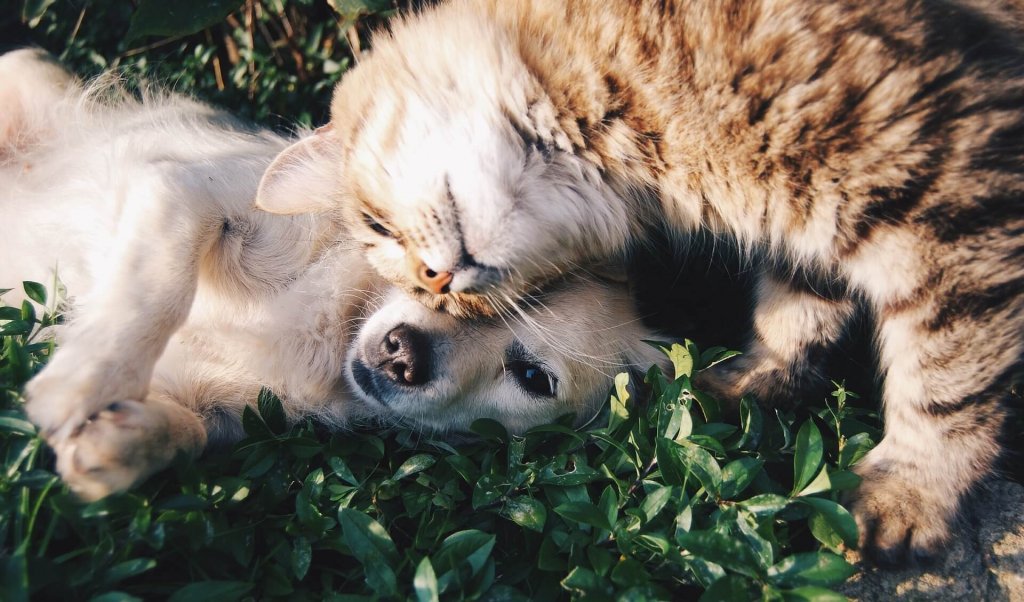Fortune Cookie Friday: The Ben Franklin Effect
Last week I brought up kindness in my post and how that virtue can make us happier. Well, it turns out that it can also make us like the people we help. Interestingly, we can even encourage others to like us by asking them for help.

Benjamin Franklin discovered more than electricity, bifocals, and the glass armonica—one of his favorites. He also discovered the phenomenon where the act of doing a favor for someone, especially a person that you don’t like, makes you like them more. Psychologists dubbed this phenomenon the Ben Franklin effect.

Franklin quipped:
Is this phenomenon manipulation or building rapport? According to some psychologists, this is an example cognitive dissonance, where a situation involves conflicting attitudes, beliefs or behaviors. This situation causes a mental discomfort experienced by the person who simultaneously holds two or more contradictory beliefs, ideas, or values.
In other words, Franklin’s rival ended up convincing himself that he liked Franklin because he wouldn’t have loaned him the book otherwise. When we do someone a favor, our mind tries to justify it to itself. We find it difficult to accept the fact that we did someone a favor and we hate them, so we assume that we like them to avoid a state of cognitive dissonance.
In a 1969 study, psychologists Jecker and Landy verified the phenomenon. More recently Yu Niiya of Hosei University in Tokyo conducted a similar study but suggests that the Ben Franklin Effect is not a result of cognitive dissonance, but that the person asked for help senses that the person asking wants to improve the relationship with them. They, in turn, reciprocate the liking.

Regardless of what causes this phenomenon, being cordial with each other builds rapport, and we end up happier in one way or another. For those of us that feel awkward asking for help, we should remember that we can not only get a helping hand but also gain a friendly face.
Would you like to do me a favor? Would you share this post—or any of my works—with your friends and family? Together, we can spread a little kindness, and make the world a better place.




